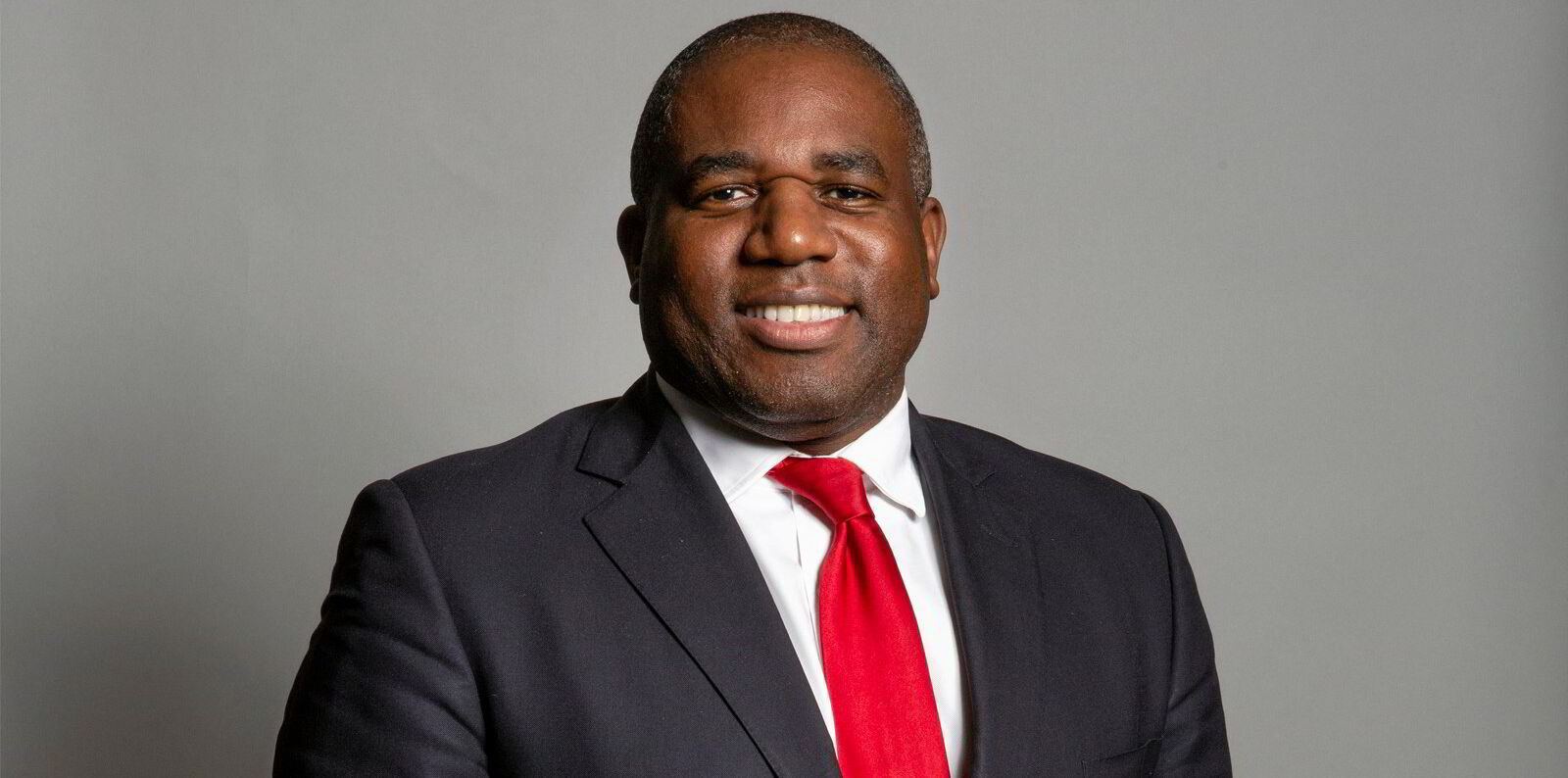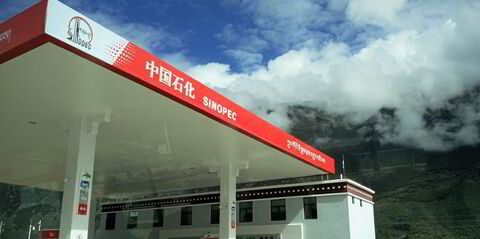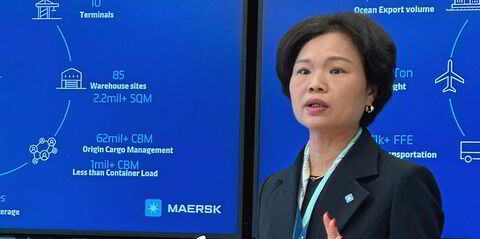The British government sanctioned 18 tankers and four LNG carriers on Thursday with its largest package of designations yet to target the Russian shadow fleet.
The move takes the number of oil tankers targeted by the UK this year to 43. The new round includes eight vessels linked to state carrier Sovcomflot.
The government also said it was looking to challenge shadow fleet vessels with suspected dubious insurance to provide details of coverage as they pass through the English Channel.
European coastal states, including Sweden and Denmark, have said they planned to crack down on elderly shadow fleet tankers passing close to their shores but have been constrained by freedom of navigation rules.
The UK move is seen as an information-gathering exercise that can then be used to put pressure on flag states, rather than as a pretext to divert or seize vessels.
Ten of the 22 vessels in Thursday’s list are flagged by Gabon. The Cook Islands, Barbados and Honduras registries are each responsible for three. The Barbados registry is based in London.
Foreign secretary David Lammy said: “The UK is leading the charge against Putin’s desperate and dangerous attempts to cling on to his energy revenues, with his shadow fleet placing coastlines across Europe and the world in jeopardy.
“I have made it my personal mission to constrain the Kremlin, closing the net around Putin and his mafia state using every tool at my disposal.”
Britain said that Sovcomflot has been left “desperately scrambling to rename and offload its vessels” to dodge UK sanctions.
But data provider Vortexa said on Wednesday that a clear gap had opened between the effectiveness of US sanctions and those of European states.
It found that nearly 70% of Russia-linked vessels blacklisted by the European Union and UK in 2024 continued to make port calls and take part in ship-to-ship transfers, compared with less than 20% of ships targeted by the US.
The UK has sought to use the power and reach of the London-based marine insurance and finance markets to limit the ability of tankers to haul sanctioned oil.
Seven of the tankers on its latest list are operated by Dubai-based Stream Ship Management, which is linked to the SCF Group. It took over the management of SCF Group tankers after previous companies were hit by Western sanctions.
They are the 156,697-dwt NS Bora, 113,867-dwt Moskovsky Prospect, 158,097-dwt SCF Baikal, 158,070 SCF Samotlor (all built 2010), 111,682-dwt Atlas, 111,107-dwt NS Arctic (both built 2009) and 113,905-dwt Suvorovsky Prospect (built 2011).
An eighth, the 109,919-dwt Callisto (built 2005), was previously managed by Stream Ship, according to Equasis.
The Financial Times reported last week how British-based brokers, financiers and lawyers had been involved in sales of tankers following the invasion of Ukraine that later ended up in the shadow fleet.
It highlighted tankers that ended up in the managed fleets of Dubai-based Radiating World Shipping Services in 2023, which was subsequently hit by UK sanctions in December.
Four of the ships on Thursday’s list were previously or are currently managed by Radiating World Shipping, according to Equasis: the 111,000-dwt Kudos Stars, Stratos Aurora, Azure Celeste and 111,775-dwt Turbo Voyager (all built 2005).
The rest of the tankers on the list are the 115,341-dwt Eastern Pearl, 106,005-dwt Antaeus, 158,889-dwt Sai Baba (all built 2006), 116,905-dwt Artemis, 115,577-dwt Varuna (both built 2007) and 115,341-dwt Sea Fidelity (built 2005).
Also on the list is the floating storage and regasification unit the Marshal Vasilevskiy (built 2018), controlled by Russian energy giant Gazprom.
Three LNG carriers — the 170,567-cbm Velikiy Novgorod (built 2014), 138,000-cbm Everest Energy (built 2003) and 79,833-cbm newbuilding Mulan — are also included, along with Russian gas company RusGazDobycha.
Read more
- Russians nabbed over banned shipments of chemicals from Spain
- European sanctions fail to stop dark fleet tankers shipping Russian oil. For the US, it’s a different story
- US sanctions expansion could turn the screws on Iran’s petrochemical sector
- US crackdown on Iran ghost fleet fruitless as tankers ‘already flouting’ sanctions, BRS says
- Tanker trips through hazardous Red Sea chokepoint plunge by more than half






